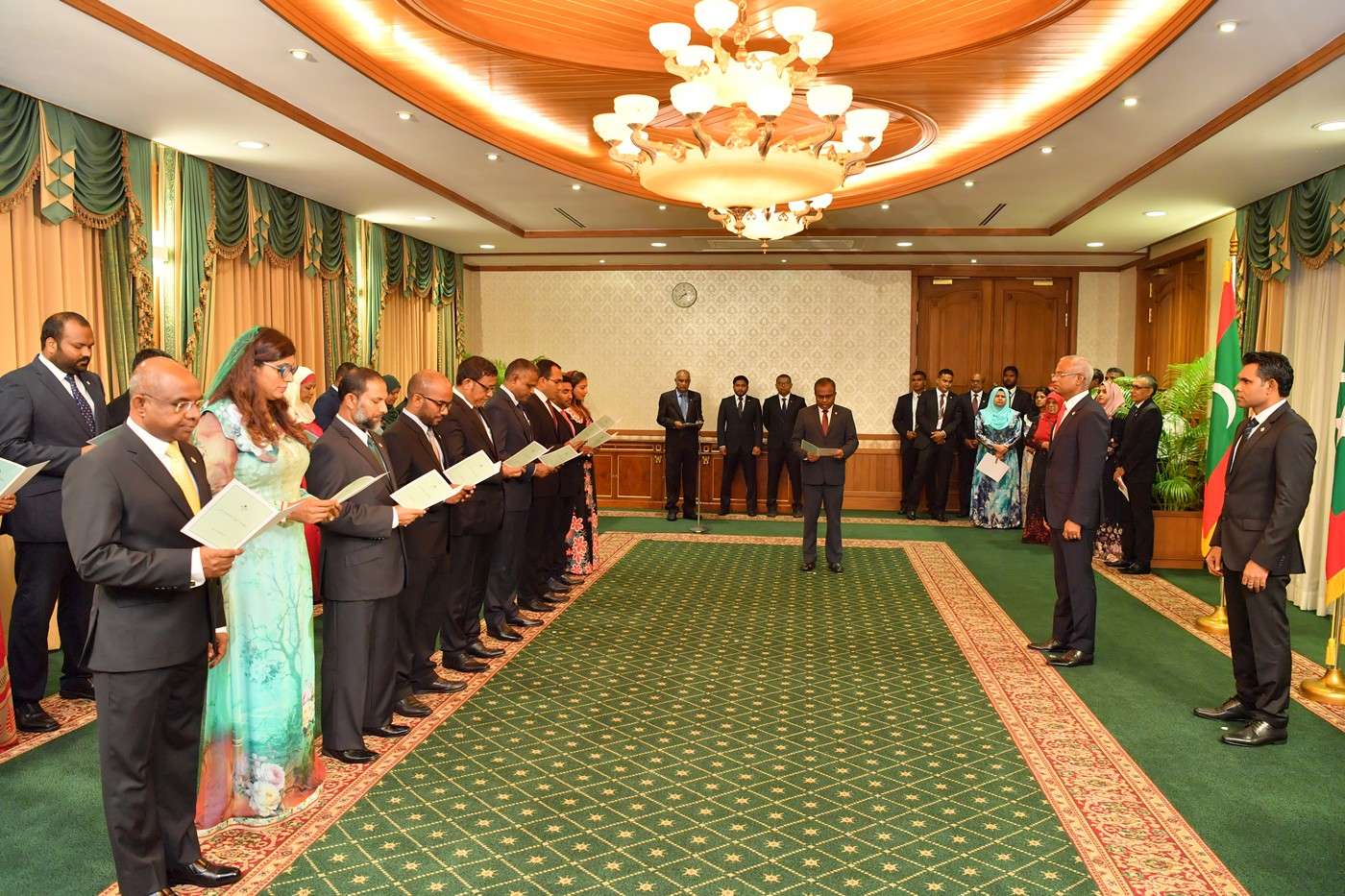President and cabinet’s asset disclosure ‘incomplete’
Financial statements of the president, vice president and ministers were made public for the first time.

13 Jan 2019, 09:00
The unprecedented disclosure of the president and his cabinet’s personal finances has been criticised as “incomplete” by anti-corruption NGO Transparency Maldives.
Disclosing the assets of all political appointees and their spouses within the first week after President Ibrahim Mohamed Solih took office was part of an ambitious 100-day action plan.
The financial statements of the president, vice president and ministers were published close to midnight on Thursday after the government promised the overdue asset declaration before the end of last week.
It is unclear whether the assets of spouses would be made public as pledged.
Become a member
Get full access to our archive and personalise your experience.
Already a member?
Discussion
No comments yet. Be the first to share your thoughts!
No comments yet. Be the first to join the conversation!
Join the Conversation
Sign in to share your thoughts under an alias and take part in the discussion. Independent journalism thrives on open, respectful debate — your voice matters.




